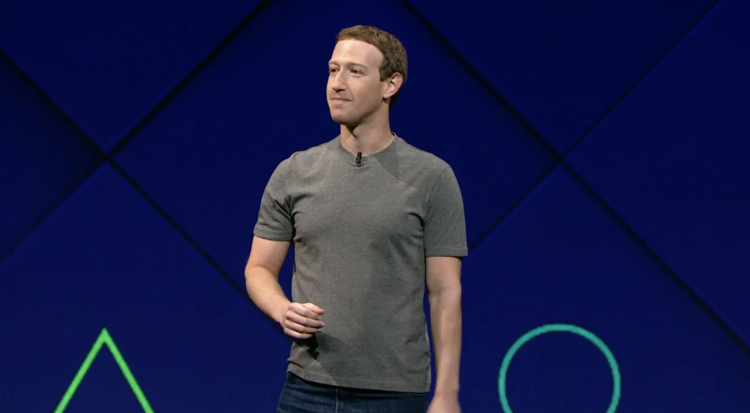Watch all the Transform 2020 sessions on-demand here.
It’s easier to spot a nipple using artificial intelligence than it is to tackle hate speech, Facebook CEO Mark Zuckerberg said today in a call with analysts. Zuckerberg spoke in response to a question about the efficiency of machines trained by Facebook to moderate content today compared to six months or a year ago.
“One of the pieces of criticism we get that I think is fair is we’re much better able to enforce our nudity policies, for example, than we are hate speech,” Zuckerberg said. “The reason for that is it’s much easier to make an AI system that can detect a nipple than it is to determine what is linguistically hate speech, so this is something I think we will make progress on and we’ll get better at over time. These are not unsolvable problems.”
Computer vision is among the most advanced forms of artificial intelligence, experts say, while fields like natural natural processing are less well known for making such progress.
The challenges of AI tackling the nuances of language dialects, context, and whether or not a statement qualifies as hate speech could take years, Zuckerberg told members of Congress earlier this month. During his 10 hours of testimony, Zuckerberg declared AI and an increase of security and moderation staff were the answer to a litany of challenges the company faces.
June 5th: The AI Audit in NYC
Join us next week in NYC to engage with top executive leaders, delving into strategies for auditing AI models to ensure fairness, optimal performance, and ethical compliance across diverse organizations. Secure your attendance for this exclusive invite-only event.
He also took a moment — both during his Congressional testimony and again today — to acknowledge that 99 percent of ISIS-related content is taken down by AI before it’s ever seen by a human.
So Facebook’s computer vision can more easily spot, for example, an ISIS flag or nude human body than an ethnic slur, but AI tools of all kinds are being made to make Facebook a company more dependent on AI for moderation.
“We’re shifting over the next few years to a much more proactive model of moderation,” Zuckerberg said. “The combination of building AI and hiring what is going to be tens of thousands of people working on these problems — I think you will see us making very meaningful progress going forward.”
Additional AI services for Facebook’s family of apps could be on the way next week at F8, its annual developer conference.


